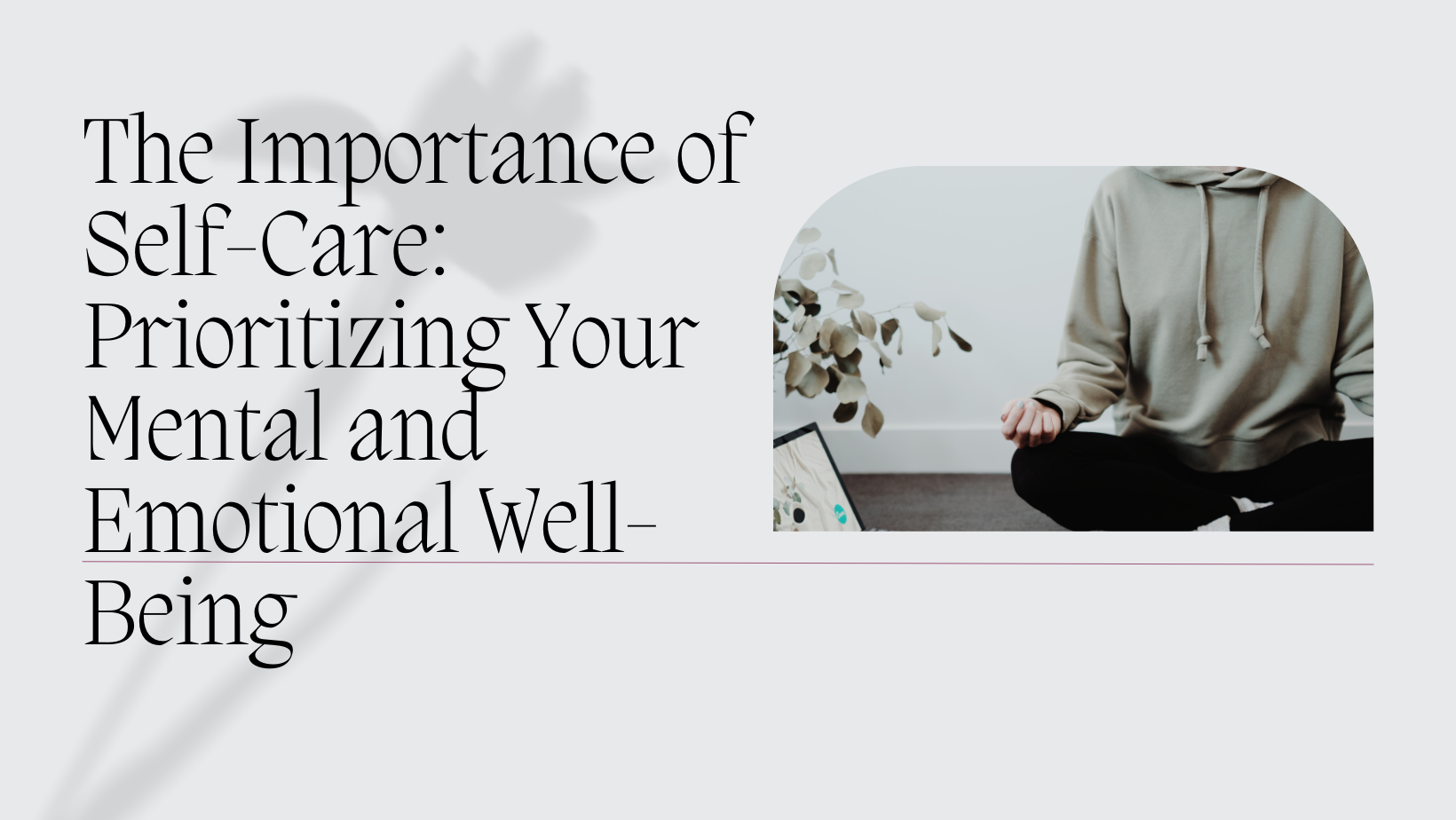Positive affirmations are short, positive statements that are repeated to oneself regularly. They serve as a form of self-talk that can help rewire our thought patterns, boost self-esteem, and enhance our overall outlook on life. In this blog post, we will explore the concept of positive affirmations, their psychological foundations, and how to use them effectively to improve your mindset and achieve your goals.
The Psychology Behind Positive Affirmations
Positive affirmations may sound like a new-age concept, but their roots lie in psychology and cognitive-behavioral therapy. The idea is simple: by repeating positive statements, we can replace negative thought patterns with more constructive ones. Let’s delve into the psychology behind positive affirmations:
The Power of Belief: Our beliefs about ourselves and the world around us significantly impact our actions and decisions. Positive affirmations help shift negative beliefs into positive ones, increasing our self-efficacy and motivation.
Reticular Activating System (RAS): The RAS is a part of our brain responsible for filtering information. When you focus on a particular thought or idea (like a positive affirmation), the RAS helps you notice relevant opportunities and experiences in your life.
Neuroplasticity: The brain has the remarkable ability to reorganize itself. Repeating positive affirmations can create new neural pathways, making it easier for you to think positively and achieve your goals.
Creating Effective Positive Affirmations
To harness the power of positive affirmations effectively, it’s crucial to craft statements that resonate with you and address your specific needs. Here’s how to create affirmations that work:
Be Specific: Your affirmations should be specific and tailored to your goals. Instead of saying, “I am successful,” say, “I am confidently achieving my career goals.”
Use Present Tense: Phrase your affirmations in the present tense as if you’re already experiencing the desired outcome. For example, say, “I am in perfect health” rather than “I will be healthy.”
Make Them Positive: Avoid negative words like “don’t,” “can’t,” or “won’t.” Focus on what you want to attract into your life. Instead of saying, “I don’t procrastinate,” say, “I am productive and focused.”
Keep Them Realistic: While it’s essential to be positive, your affirmations should also be achievable and believable. Unrealistic affirmations may lead to disappointment.
Embrace Emotional Connection: Choose affirmations that evoke strong positive emotions. When you feel an emotional connection to your statements, they become more potent.
Incorporating Positive Affirmations into Your Daily Routine
Creating affirmations is just the beginning; to experience their transformative power, you need to incorporate them into your daily life. Here’s how:
Morning Routine: Start your day by repeating your affirmations. This sets a positive tone for the day ahead. Stand in front of the mirror, look yourself in the eye, and say them with conviction.
Affirmation Journal: Maintain an affirmation journal where you write down your chosen affirmations daily. This reinforces them in your mind and helps track your progress.
Visualization: Combine your affirmations with visualization. Close your eyes and imagine yourself living the life described in your affirmations. This enhances their effectiveness.
Repetition: Consistency is key. Repeat your affirmations throughout the day, whenever you need a confidence boost or a reminder of your goals.
Affirmation Cards: Create small affirmation cards or sticky notes and place them in places you frequent—your workspace, bathroom mirror, or car dashboard.
Overcoming Resistance and Skepticism
It’s natural to encounter resistance or skepticism when you first start using positive affirmations. Here’s how to overcome common challenges:
Persistency: Don’t give up too soon. It takes time for affirmations to produce noticeable changes. Be patient and keep repeating them.
Challenge Negative Thoughts: When negative thoughts arise, counteract them with your affirmations. Challenge your doubts with the positive statements you’ve chosen.
Adjust as Needed: If you find that certain affirmations aren’t working for you, don’t be afraid to adjust or replace them. Your affirmations should evolve as you do.
Seek Support: Share your affirmations with a trusted friend or therapist who can provide encouragement and help hold you accountable.
The Real-Life Benefits of Positive Affirmations
The effectiveness of positive affirmations extends beyond mindset improvement. Here are some real-life benefits:
Increased Self-Confidence: Affirmations boost self-esteem and help you believe in your abilities.
Stress Reduction: Regular use of affirmations can reduce stress and anxiety by promoting a more positive outlook.
Enhanced Resilience: Positive affirmations build emotional resilience, helping you bounce back from setbacks more effectively.
Improved Relationships: A positive mindset cultivated through affirmations can lead to better interactions and relationships with others.
Goal Achievement: Affirmations can keep you focused on your goals and motivated to take the necessary steps to achieve them.
Conclusion
The power of positive affirmations lies in their ability to reshape our thinking patterns and foster a positive mindset. By understanding the psychology behind them, creating personalized affirmations, and incorporating them into your daily routine, you can unlock their potential to transform your life. Embrace the practice of positive affirmations, and watch as you become the architect of your own positive reality.



